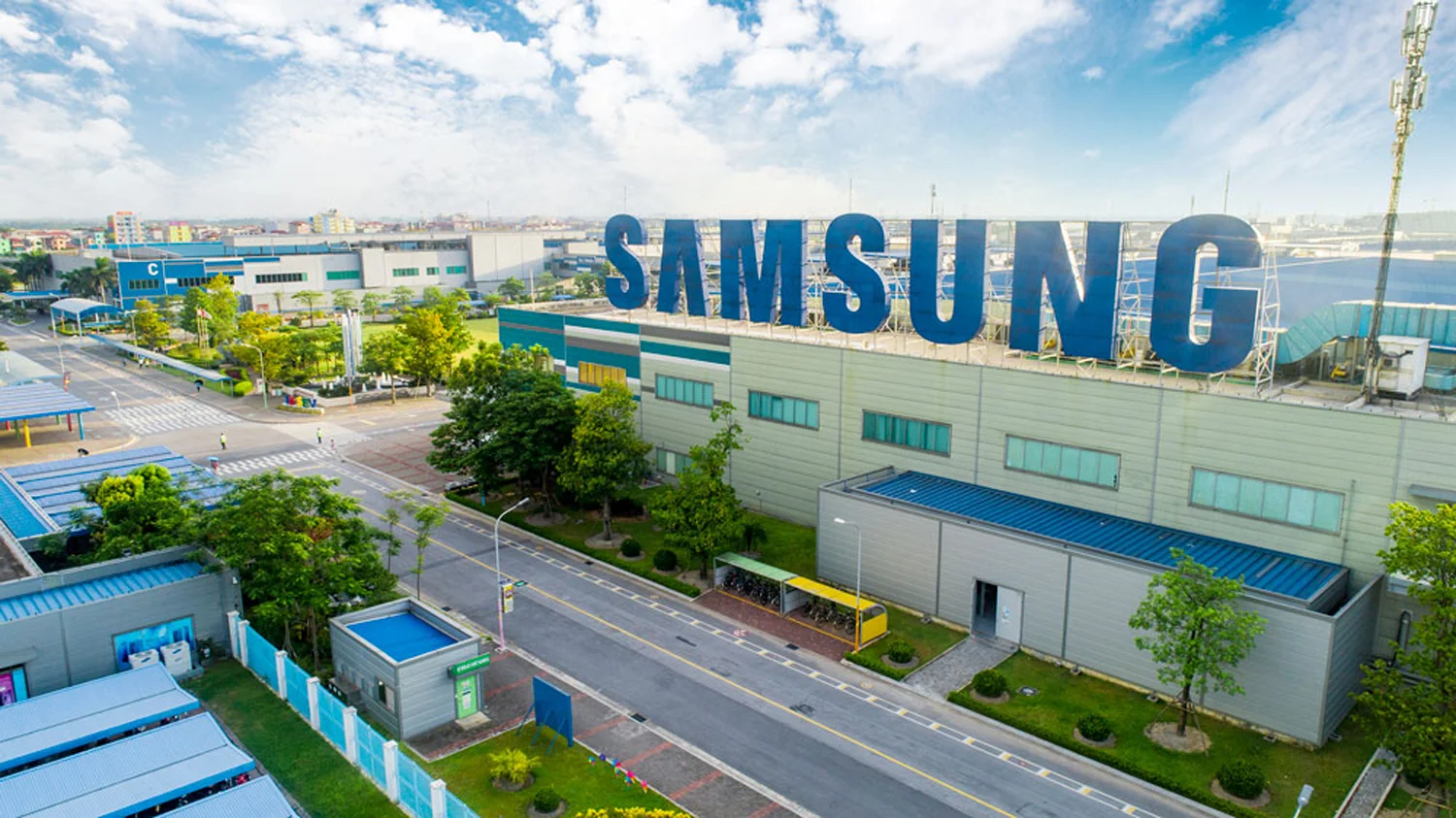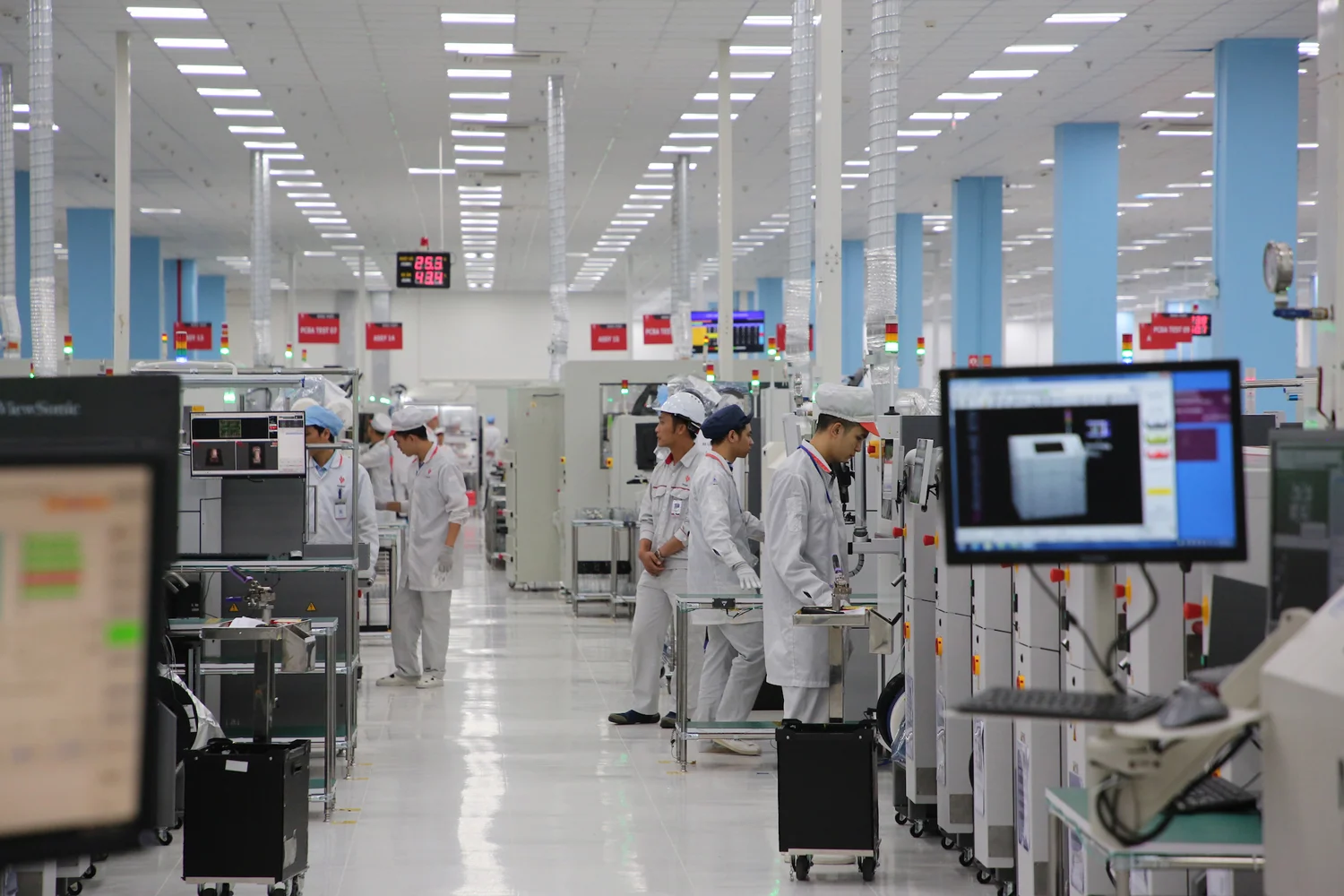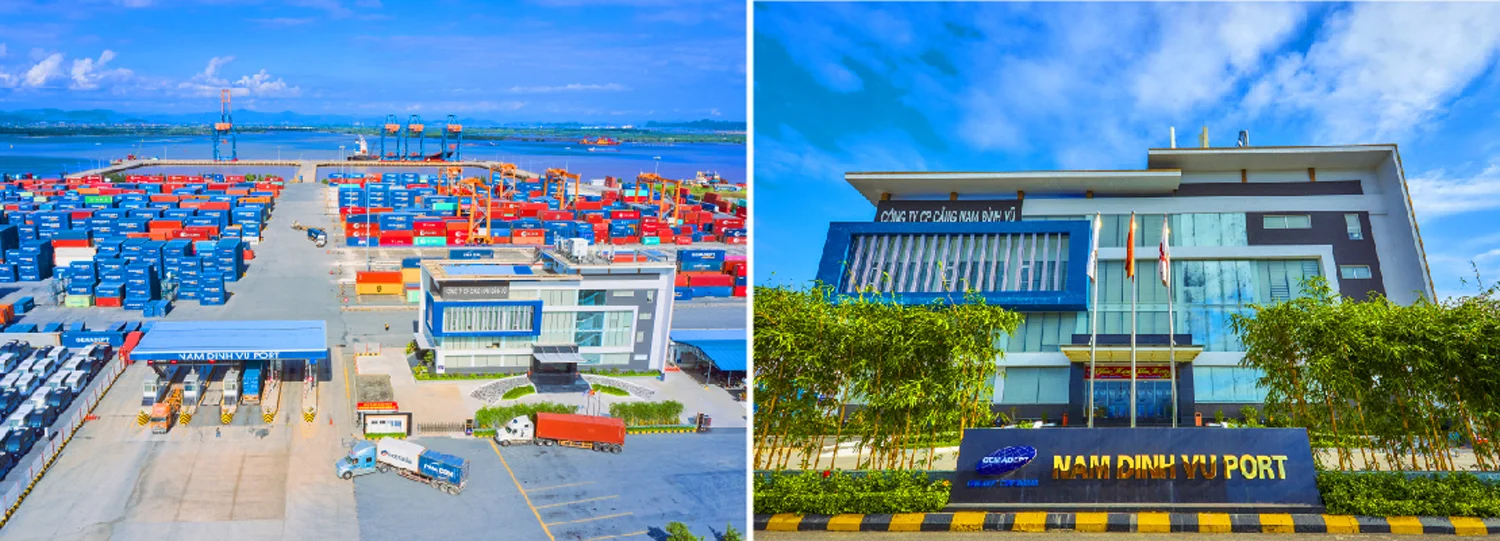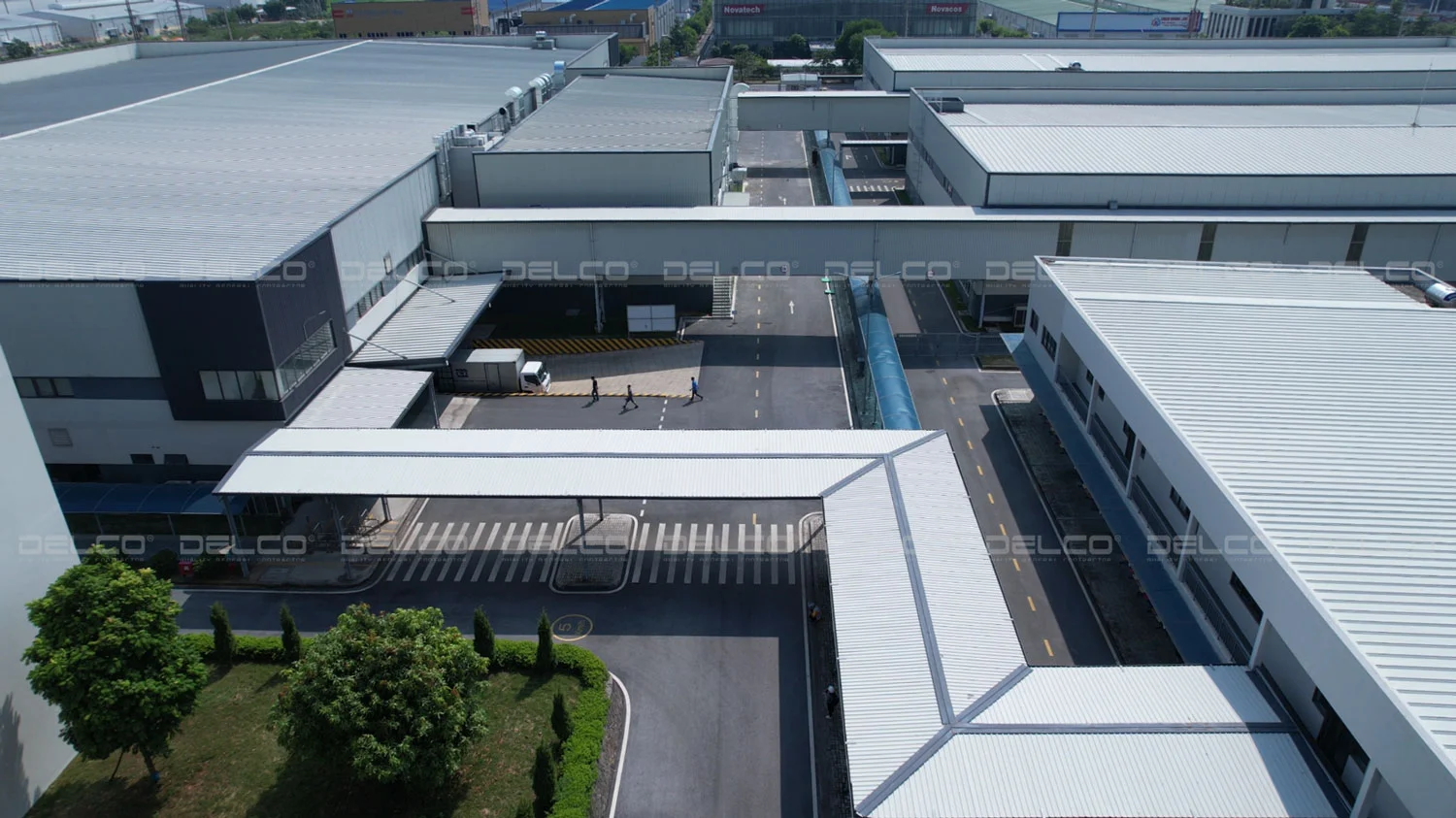Vietnam has become an attractive investment destination for major global companies, thanks to various tax incentives for FDI enterprises, such as corporate income tax incentives, import and export taxes exemption, and land tax exemption…
Tax incentive policy for FDI enterprises in Vietnam updated 2024
Tax Incentives for all FDI enterprises in Vietnam
In the first quarter of 2024, registered FDI capital in Vietnam reached over USD 6.17 billion, a 13.4% increase compared to the same period in 2023. This growth attracted many large enterprises to invest due to advantages in location, labor, and attractive tax incentive policies such as:
- Corporate Income Tax (CIT) Incentives: FDI enterprises are exempt from corporate income tax (CIT) for the first 2-4 years and apply a 50% tax reduction for the subsequent 4-9 years.
- Import and Export Tax Incentives: FDI enterprises are exempt from import taxes on goods imported to create fixed assets; raw materials and components needed for production that cannot be sourced locally are exempt from import duties, typically for the first five year
- Land Tax Incentives: Enterprises are exempt from land rent for the first five years and receive a 50% reduction for the next ten years

FDI enterprises are exempt from corporate income tax (CIT) for the first 2-4 years
Tax incentives applied for certain Industries in Vietnam
To foster the development of specialized sectors, Vietnam has implemented specific tax incentives for certain industries such as high-tech, textile, and aquaculture agriculture:
- High-Tech Industry: apply preferential corporate income tax (CIT) rate of 10% for 15 years and a 5% tax rate on Value added tax (VAT).
- Textile Industry: apply exemptions and reductions on export taxes to EU and ASEAN countries under agreements like the CPTPP and EVFTA. Import duties, VAT, and taxes on industry support products such as natural fibers, synthetic fibers, and yarns are reduced or exempted as per Decree No. 57/2021/ND-CP.
- Automotive Industry: apply 0% import tax rate, a special consumption tax of 3%, and a registration fee reduction of 50% for conventional vehicles and 100% for electric vehicles.
- Aquaculture Agriculture Industry: Apply CIT rate of 15% as per the regulations.

A 5% VAT rate is applied to the high-tech industry sector
Leveraging Tax Policies Effectively for FDI Enterprises
It’s clear that investing in Vietnam offers FDI investors more substantial tax incentives compared to other countries in the region. So, what are the ways to effectively leverage these tax incentives for FDI enterprises in Vietnam? First, to fully benefit from the tax and investment incentives in Vietnam, FDI enterprises need to carefully research the location of their manufacturing facilities, the investment incentives of each locality, and then choose a good factory location that offers the best investment and tax incentives while also being convenient for transportation, raw material supply, and labor attraction. Beyond the general incentives, enterprises can also benefit from additional incentives such as land tax and corporate income tax depending on the locality. Therefore, proactive and thoroughly research into the investment area is crucial.

The Nam Dinh Vu Industrial Zone in Hai Phong attracts many foreign investors thanks to a policy of land and water surface rent exemption for the entire lease term under Decree No. 46/2014/ND-CP.
Above all, FDI Investors need to choose a reputable and high-quality investment consultancy firm, ensuring an overview understanding of Vietnam’s legal procedures. A quality consultant will help investors benefit from the best tax incentives while efficiently and accurately handling legal procedures, ensuring compliance with Vietnamese law and optimizing investment costs for the business.
See more: Foreign investment in Vietnam FAQs






